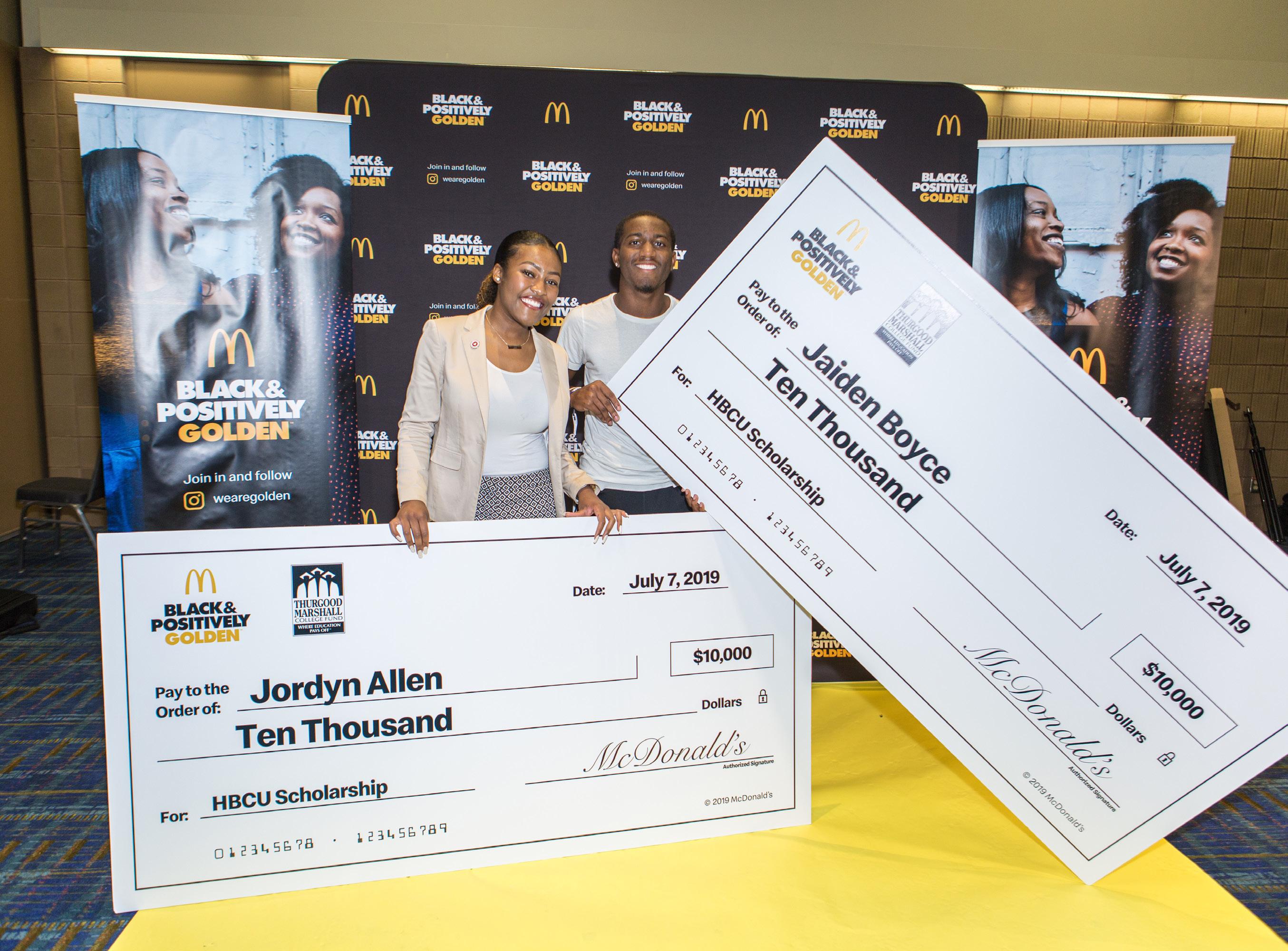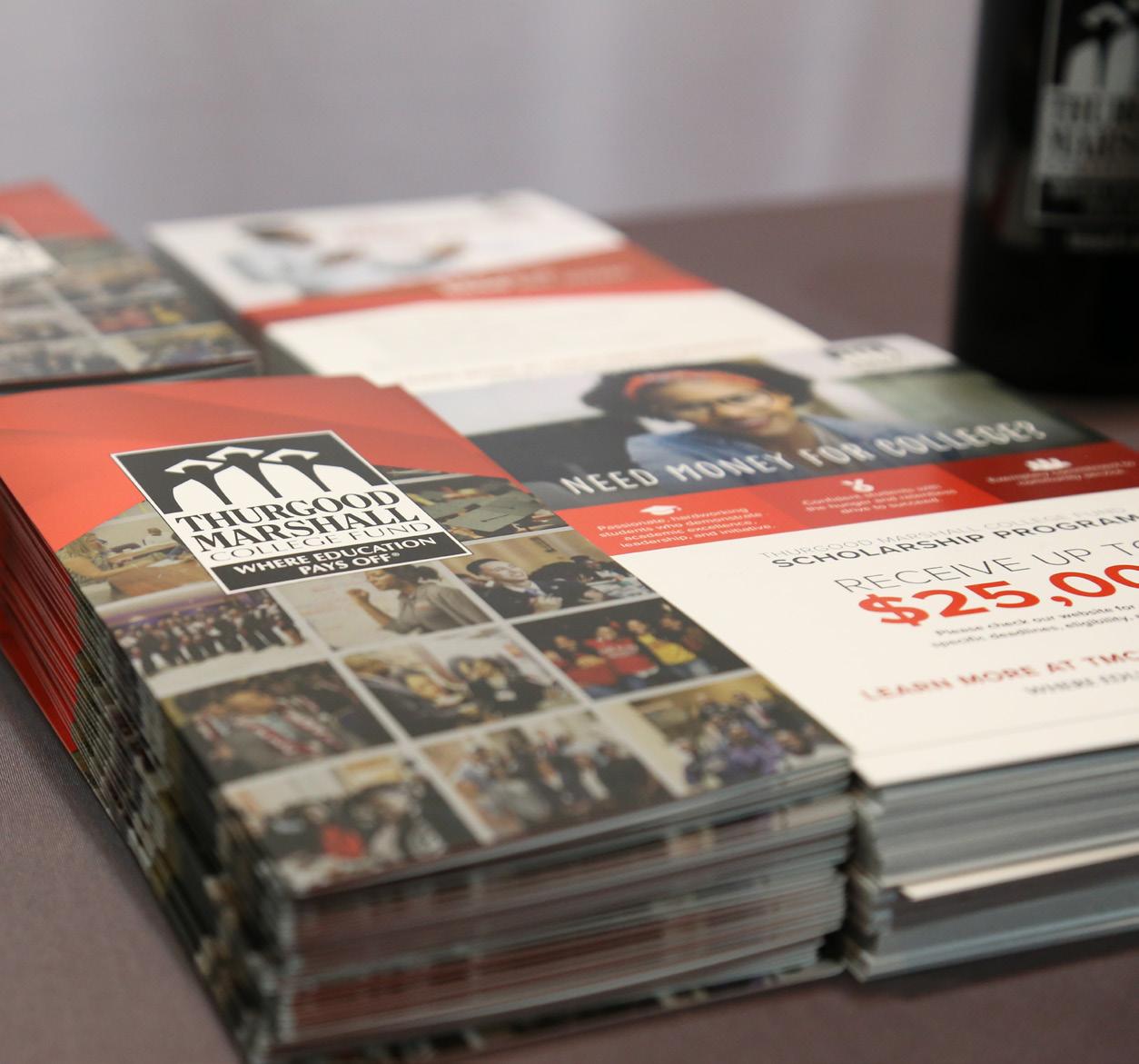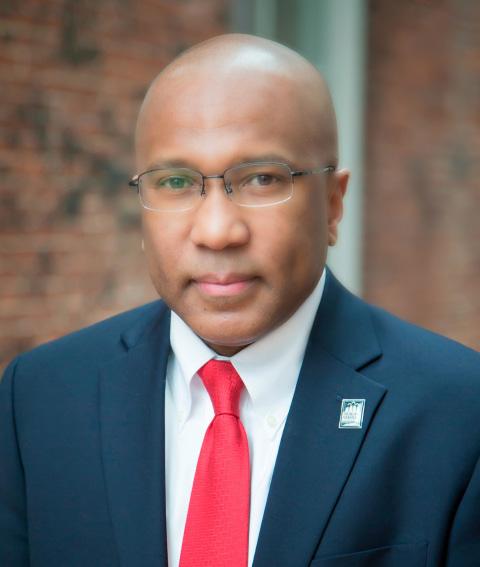
5 minute read
TMCF FEATURE
from HBCU Times Magazine
by HBCU Times
ONE WAY TO REDUCE FUTURE HBCU STUDENT DEBT IS WITH MORE FINANCIAL AID LITERACY
BY DR. HARRY WILLIAMS
Higher education can increase lifetime earnings and enhance career prospects over the course of an individual’s life. At the Thurgood Marshall College Fund (TMCF) we are strong champions for access to higher education, especially at one of our 47 member-schools which provide high quality and affordable education experiences and help to build our nation’s talent pipeline.
Higher education can be an important step that can lead to a successful career and more comfortable and healthy adult life. Unfortunately, the dream of earning a college degree has become a nightmare for a lot of Americans because every year, parents and students borrow tens of thousands of dollars to pay for higher education. Saddling young people and their families with debt that will burden them for decades delays the positive outcomes of higher education such as homeownership, saving money, getting married or starting a business.

According to the Chamber of Commerce’s Student Loan Statistics, the student debt total has swelled to more than $1.5 trillion with the average debt of a borrower that graduated in 2016 was $37,102, which is a 78 percent increase from just 10 years ago. The same report states that 44.5 million people in the U.S. have student debt, and of that number, 2 million people owe more than $100,000.
Carrying a high level of student debt can delay the ability for a young adult to participate in homeownership. The 2019 Federal Reserve report Consumer & Community Context states that there was a nine percent drop in the number of people ages 24 to 32 who owned their homes between 2005 and 2014. “While many factors have influenced the downward slide in the rate of homeownership, some believe that the historic levels of student loan debt have been particular impediments,” the report states. The impact of student debt is really taking a toll on minorities.
According to the September 2019 report Quicksand: Borrowers of Color & and the Student Debt Crisis (Center for Responsible Lending, The Leadership Conference Education Fund, NAACP, National Urban League, and UnidosUS), “over half of all families with African American heads of household aged 25–40 have student debt.”

The report states that 85 percent of African American graduates in 2016 took on debt to finance their undergraduate degrees. Additionally, according to Quicksand: Borrowers of Color, of the African American borrowers who entered higher education in 2003–2004 as undergraduates, almost 49 percent had defaulted on those loans by 2016. That figure is staggering but reality.
At TMCF, we are concerned about the impact that student debt can have on the future of young people, especially our African American students across the nation. Many TMCF memberschools are filled with bright minds who have the academic
ability to earn the degree but simply do not have the financial resources to afford the full cost of college. In order to help our students and parents, it is important to understand all aspects of the financial aid system for higher education from the very start. Financial aid literacy is an important key to preventing crippling student debt. At TMCF, we encourage families and students to be informed and educated about all aspects of financial aid, including student loans, grants, and scholarships by doing the following:including repayment plans and terms; understand the differences between federal loans and private lender loans; and learn about repayment programs for which you might qualify in the future.
1. Start by filling out the Free Application for Federal Student Aid (FAFSA®) form (https://studentaid.ed.gov) to apply for financial aid, such as grants, scholarships, and work-study programs.
TMCF & NATIONAL BLACK MCDONALD’S OPERATORS ASSOCIATION & DR PEPPER SCHOLARSHIP TMCF and National Black McDonald’s Operators Association and Dr Pepper offer financial assistance to outstanding students attending HBCUs and PBIs. Twelve scholars will be selected to receive a merit scholarship of $5,000, which will be applied to costs associated with tuition and related fees.
TMCF & MCDONALD’S BLACK AND POSITIVELY GOLDEN SCHOLARSHIPS TMCF and McDonald’s offer financial assistance to outstanding students attending one of the HBCUs and PBIs within the TMCF member-school network. Six scholars will be selected to receive a merit scholarship of $10,000, which will be applied to costs associated with tuition and related fees.
2. Look up financial aid opportunities available locally through your city, state or other civic and faith-based organizations.
3. Reach out to your college or university for information about financial aid or scholarship programs for which you (or your student) might be eligible for be it need or merit-based.
4. Educate yourself about how educational loans work, including repayment plans and terms; understand the differences between federal loans and private lender loans; and learn about repayment programs for which you might qualify in the future.
5. If you are attending a TMCF member-school, apply for TMCF Scholarships. We know the need for scholarship funding is great. In 2019, we received nearly 20,000 applications for just over 700 scholarships. Our current scholarship partners allow TMCF to award funds that are designed to complement the financial aid students receive from other sources for tuition and other education expenses, such as books and housing. However, we know that for every $1 that TMCF is able to award, we have identified another $10 in need.
Learn more about these TMCF scholarships and additional opportunities to support financial aid for students at www.tmcf. org.
Understanding how to financially afford college can save students and their families thousands in the longterm. With the generous support of scholarship donors, TMCF is helping to make higher education accessible and affordable. We make the effort because their future is worth it.
Here are three TMCF scholarship opportunities that are helping to partially address the financial needs of our students:

38 | HBCU Times 2020 Winter Issue TMCF & WELLS FARGO TMCF and Wells Fargo offer financial assistance to outstanding students attending one of the publicly-supported HBCUs within the TMCF member-school network. Selected scholars will receive a one-year scholarship of up to $5,000, which will be used to cover the costs of tuition and fees, on-campus room and board, and required textbooks. Harry L. Williams is the president and CEO of the Thurgood Marshall College Fund, the largest organization exclusively representing the black college community. Before joining TMCF, he spent eight years as president of Delaware State University. Follow him on Twitter at @DrHLWilliams. TMCF










